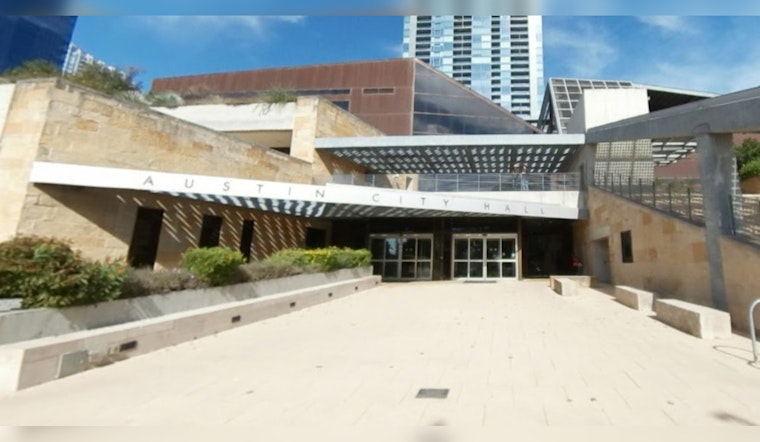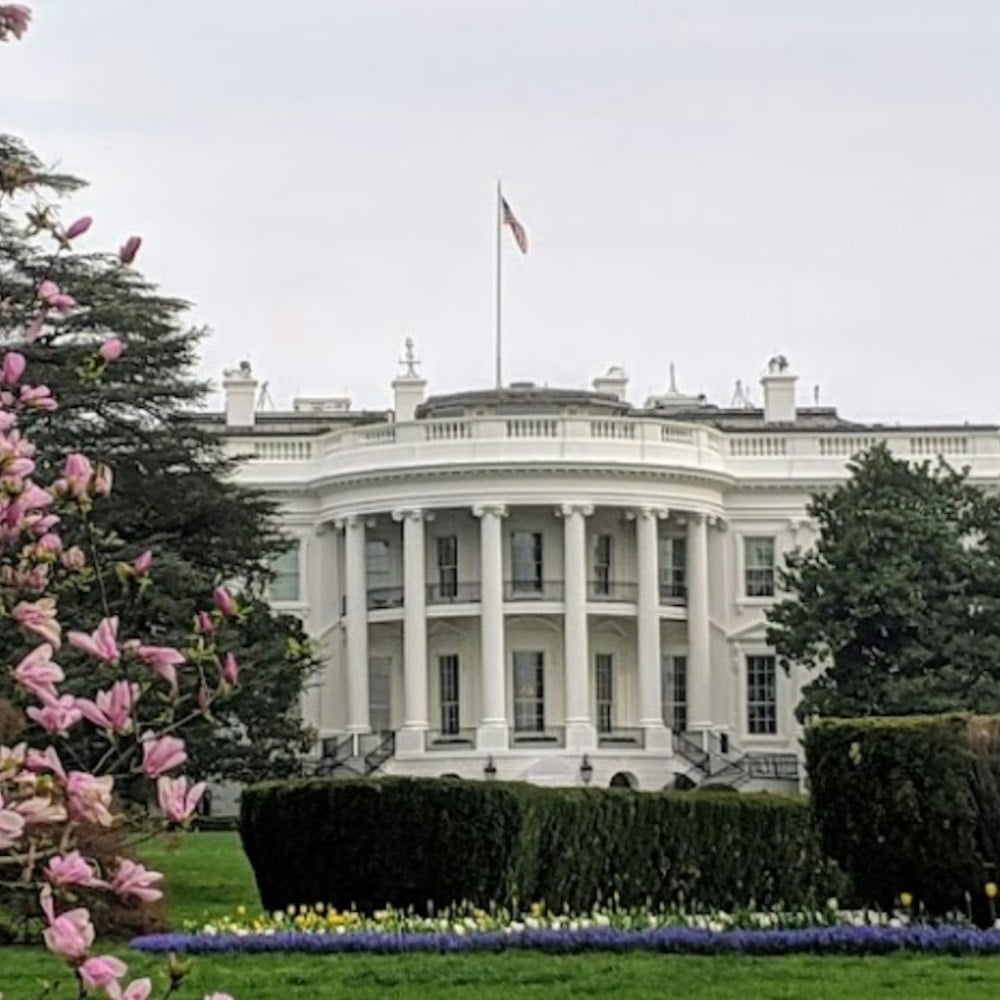
Austin's City Council is set to shake things up, potentially altering the city charter this coming November, with voters getting the final say. On Tuesday, the city's Charter Review Commission, a citizen-led coalition, pitched nine changes to the council, as reported by the KXAN.
Among the revisions in the crosshairs is the buzziest of them all - the signature threshold for petitions, currently sitting at 5% of Austin's electorate or 20,000 signatures, whichever is less, will see a proposed tune-up to a fixed 3.5% of qualified voters no matter the population size, setting the stage for direct democracy to flourish or flounder depending on whom you ask, while city staff recommendations mostly reiterated statutory language clean-ups and process tweaks according to the Austin Monitor.
Not to be overshadowed, the nitty-gritty details of Austin's governance are up for rejigging - take the city manager's contract-signing cap, which might soar from $43,000 to $150,000 without breaking a sweat, as "looking at it, it feels like a low amount for a city with a $5.5 billion budget," Ed Van Eenoo, the city's Chief Financial Officer, claimed in a session recorded by the Austin Monitor.
Come May, the City Council will sit down and hammer out which commission ideas to toss onto the November 5 ballot, said items that could draw a clearer, if not contested portrait of local governance – these have got city officials and locals alike eyeing the outcomes, and the Charter Review Commission Chair Jessica Palvino summed it up, telling the Council the rigorous debate on petition thresholds revealed "a fairly divisive and much-discussed issue among the commissioners' recommendations," according to the Austin Monitor.
Austin's city charter is essentially the local government rulebook defining the city's structure and the operating procedures of its ordinances, requiring a vote of the people to enact any changes, a move that's confined to a biennial opportunity under the provisions of the Texas State Constitution, as the charter lays down and as KXAN notes.









